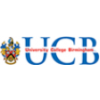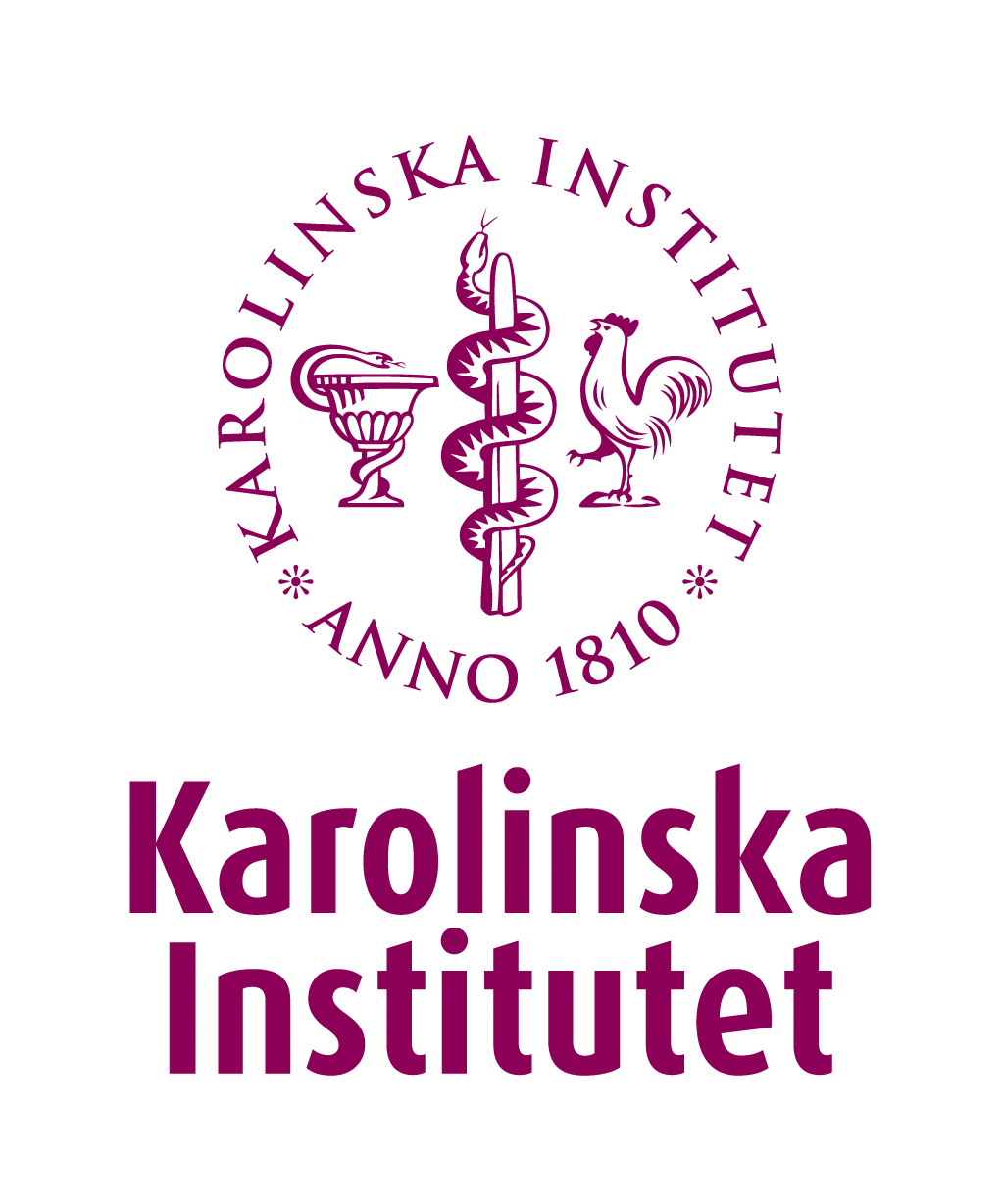Snabbfakta
-
- London
Ansök senast: 2025-01-11
Research Associate in Computational Supramolecular Materials Discovery
A Research Associate position in Computational Supramolecular Materials Discovery is available within the group of Prof. Kim Jelfs () at the Department of Chemistry, Imperial College London. You will work on the application of computational chemistry and artificial intelligence techniques for the discovery of new functional supramolecular materials built from organic building blocks. The materials you will study could include porous molecular materials, covalent organic frameworks and porous organic polymers, interlocked molecules. The applications of the materials will include for molecular separations, including in membranes, selective binding, catalysis and for sensing.
This is part of a broader EPSRC-funded project, and you will work within a team of other Research Associates and PhD students across several universities. Your role within this team will be an expertise in modelling materials built from organic building blocks, including both structure and property prediction and you will have an interest in the use of artificial intelligence techniques, including machine learning, in this area. A vital focus of the research will be the development of an approach that will not only predict optimal materials, but also materials that can be successfully synthesised in the laboratory.
This position will involve both the development and application of software written in Python and the use of existing computational chemistry software. There will be an opportunity to assist in the supervision of PhD candidates and undergraduate students working on these topics. The role will also involve close interactions with both experimental and computational collaborators.













